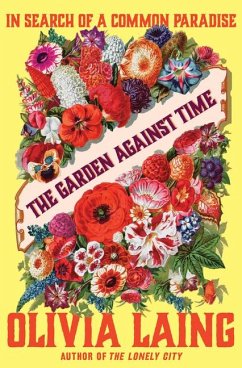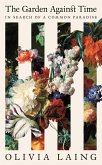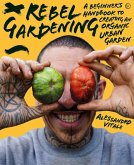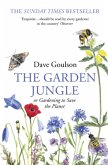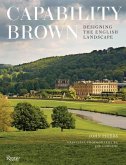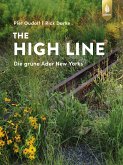In 2020, Olivia Laing began to restore an eighteenth-century walled garden in Suffolk, an overgrown Eden of unusual plants. The work brought to light a crucial question for our age: Who gets to live in paradise, and how can we share it while there's still time? Moving between real and imagined gardens, from Milton's Paradise Lost to John Clare's enclosure elegies, from a wartime sanctuary in Italy to a grotesque aristocratic pleasure ground funded by slavery, Laing interrogates the sometimes shocking cost of making paradise on earth. But the story of the garden doesn't always enact larger patterns of privilege and exclusion. It's also a place of rebel outposts and communal dreams. From the improbable queer utopia conjured by Derek Jarman on the beach at Dungeness to the fertile vision of a common Eden propagated by William Morris, new modes of living can and have been attempted amidst the flower beds, experiments that could prove vital in the coming era of climate change. The result is a humming, glowing tapestry, a beautiful and exacting account of the abundant pleasures and possibilities of gardens: not as a place to hide from the world but as a site of encounter and discovery, bee-loud and pollen-laden.
Hinweis: Dieser Artikel kann nur an eine deutsche Lieferadresse ausgeliefert werden.
Hinweis: Dieser Artikel kann nur an eine deutsche Lieferadresse ausgeliefert werden.
This isn't a historical survey of gardening, much less a practical guide, so much as an inquiry into the idea of the garden - its history and poetics, its relationship to sex, imagination and power. Laing belongs in an as-yet-undefined and perhaps undefinable class of prose artists who blend feeling and analysis, speculation and research, wit and instruction as they track down the elusive patterns and inescapable contradictions of modern experience New York Times

